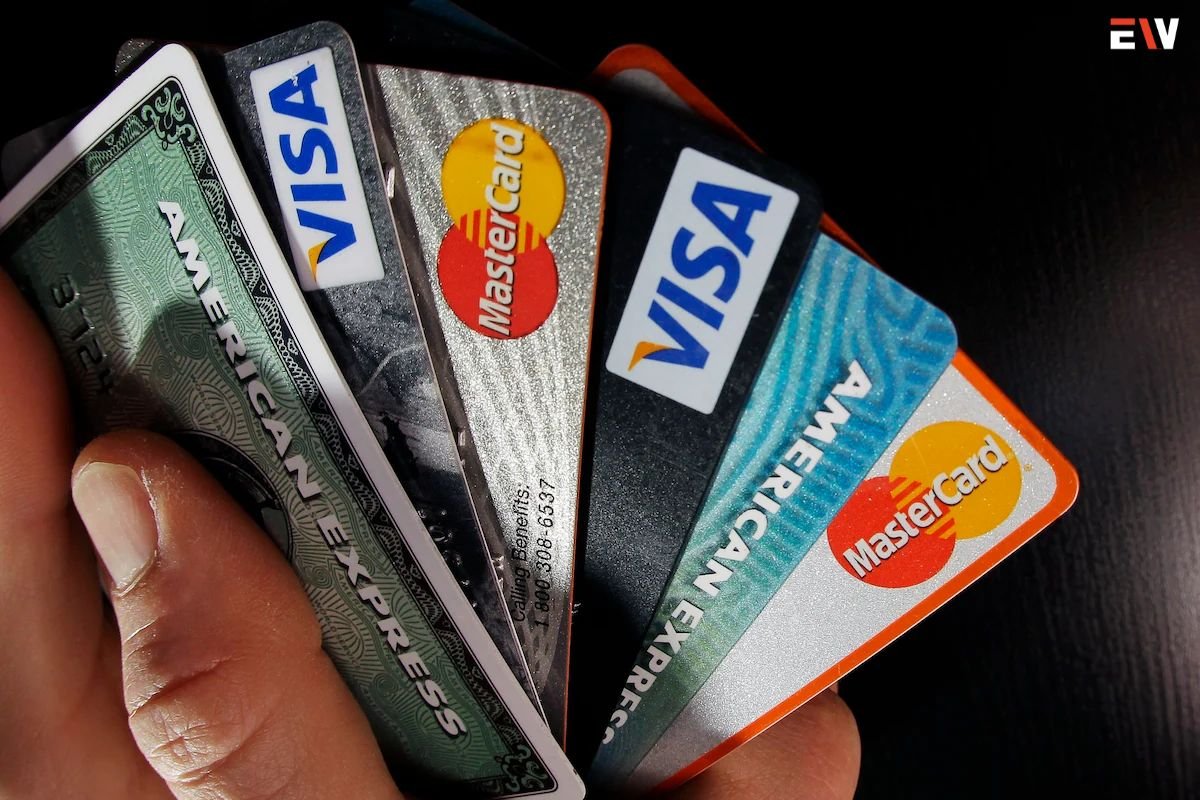Source- The Washington Post
A federal judge in Texas, known for hosting conservative challenges to Biden administration policies, has transferred a lawsuit contesting a rule restricting credit card late fees to a court in Washington, D.C. Here’s a breakdown of the latest developments:
Venue Transfer Decision
U.S. District Judge Mark Pittman, appointed by former President Donald Trump, made the decision to move the lawsuit after considering various factors. While half of the suing business groups are based in Washington, D.C., the majority of their legal representatives and the U.S. Consumer Financial Protection Bureau (CFPB), which crafted the disputed rule, are also located there. The CFPB had requested the transfer, noting that no card issuer subject to the rule is headquartered in Fort Worth, Texas.
Dispute Over Venue
The U.S. Chamber of Commerce, along with five other groups, argued against the transfer, contending that affected cardholders reside in Fort Worth. However, Judge Pittman rejected this argument, emphasizing the importance of filing lawsuits where the underlying events occurred rather than based on plaintiffs’ preferences.
Biden Announces New Rule Capping Credit Card Late Fees at $8 in Move Against Junk Fees
Rule Under Scrutiny
The lawsuit challenges a rule aimed at curbing what the CFPB deems “excessive” fees charged by credit card issuers for late payments. The rule, set to take effect in May, limits late fees to $8 for issuers with over 1 million open accounts, unless higher fees are justified to cover costs. Previously, issuers could charge up to $30 or $41 for subsequent late payments.
Context and Future Proceedings
Judge Pittman’s decision comes amid concerns over “judge shopping” and the increasing volume of conservative litigation in the Fort Worth courthouse against Biden administration policies. While the lawsuit proceeds, the groups have sought to expedite the case, citing the need to notify consumers about potential changes ahead of the rule’s implementation. The 5th U.S. Circuit Court of Appeals is expected to review Pittman’s decision not to expedite the case.
The lawsuit underscores ongoing tensions surrounding financial regulations and litigation strategies in the current political landscape. As legal battles continue to unfold, stakeholders await further developments regarding the fate of the contested credit card late fees rule.










